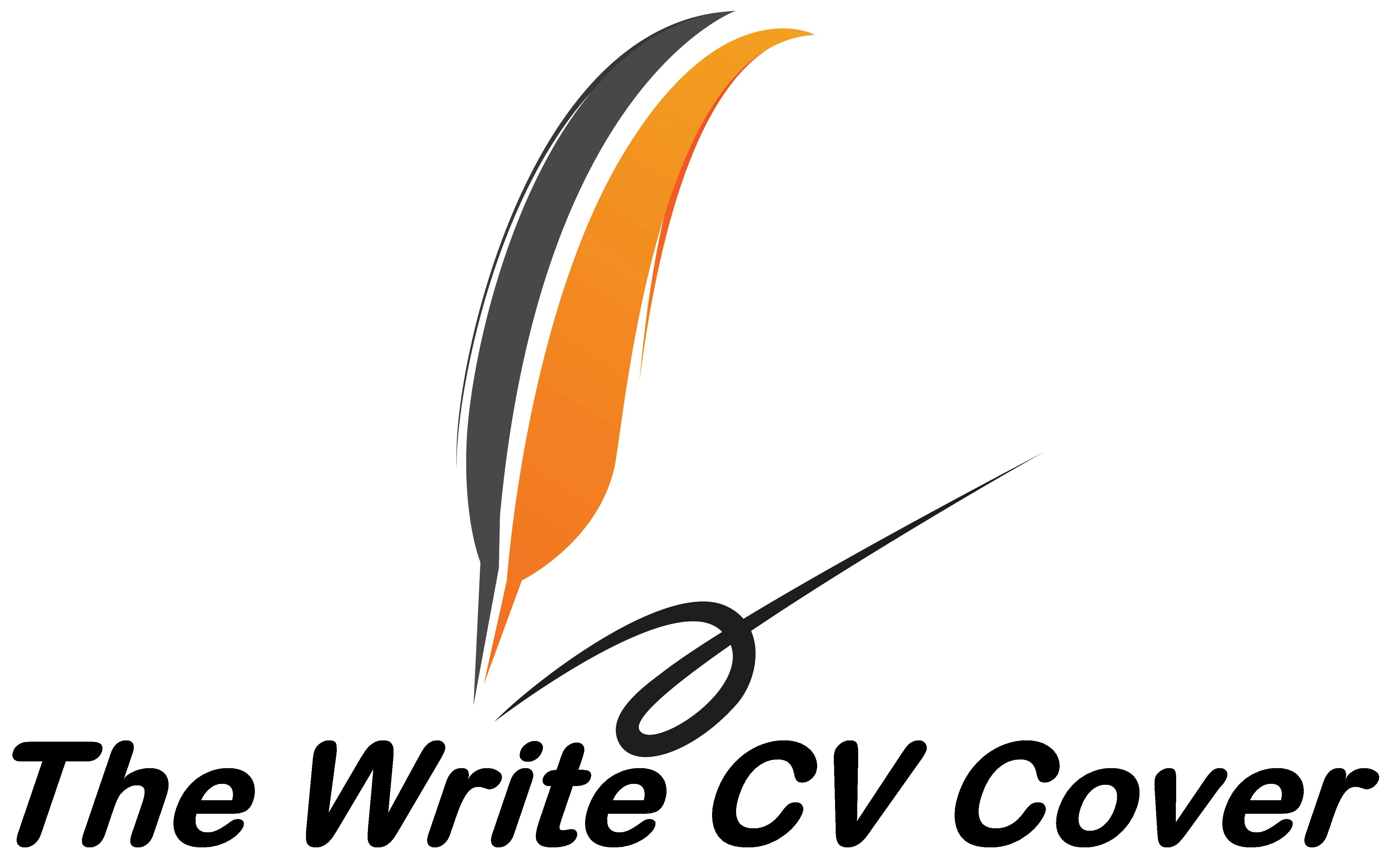Before we go into the structure of listing skills on a CV/resume, we need to understand the different types of skills you can list. There are core skills and expertise one can master over the course of their career. There are industry specific skills, for example programming skills required for certain tech-related jobs, there are IT and language skills, and there are educational and training skills.
So, how do you showcase these skills on your CV/resume?

Firstly, we have to understand that not every CV/resume is the same or list the same skills. Each CV (resume) is tailored according to your skills, sector and the job.
In general, many CVs begin with a summary that details the candidate’s career achievements and expertise. Some people, depending on the available space, may follow it up with a Core Skills section. After this section, it is best to list your work experience. Here, you can list key achievements and duties. If you are a recent graduate, then it makes sense to list your education instead. For those with work experience, education should come after your job listing.
After this, you can have Other Skills section. Here, list your IT skills, your Web and social media expertise, your language skills and any other relevant skills for the job you are interested in.
What are core skills and competencies?
Core skills and competencies are the areas you have expertise in. For an example, for a worker in the marketing field, it may be: Social media, Google Ads, Offline Marketing, Email Campaigns etc.
These skills aren’t meant to be explained in details, but rather listed. Some people with longer CVs don’t bother with them if they are all mentioned elsewhere on the CV.
How to list your skills in the Work Experience section

You can easily incorporate key skills into the work experience section, where you list your current and/or previous jobs. List the roles you held in a chronological order, starting with the most recent. Then fill them in, using bullet points.
Candidates often list responsibilities and duties ONLY. This is not the best way to showcase your abilities. Include your key achievements and make sure emphasises are placed on them. Hiring managers need to see your key achievements; this is how you impress them with your skills.
From your achievements and responsibilities, your skills can be picked up by the recruiters.
How to list your educational skills
Unless you’re a recent graduate, stating your degree is enough – list degree name, the grade and the university. If you don’t have a degree, list your highest qualification, whether it’s A’ Levels or GCSEs. Or the equivalent, wherever you are based in the world!
If you have taken relevant courses to improve your skills in the sector you are working in, mention them in a Training section.
What to list in your Other Skills section
It depends on your background and field. A pharmacist’s CV is not going to list the same skills as an IT professional’s. Every CV or resume will be tailored to the sector and job. The best of CVs are those that are tailored!
There are some common skills that majority of jobseekers should have as they are desired or essential for many jobs. These include basic understanding of Microsoft, Google Docs and other commonly used software and tools. In some industries languages skills are also highly desired as you may be exposed to international clients. If you have language skills, mention them in this section, too.
If you would like us to review your CV/resume (for free), to see how well you presented your skills, send it to us here. Please give us up to 5 working days to complete your review.
